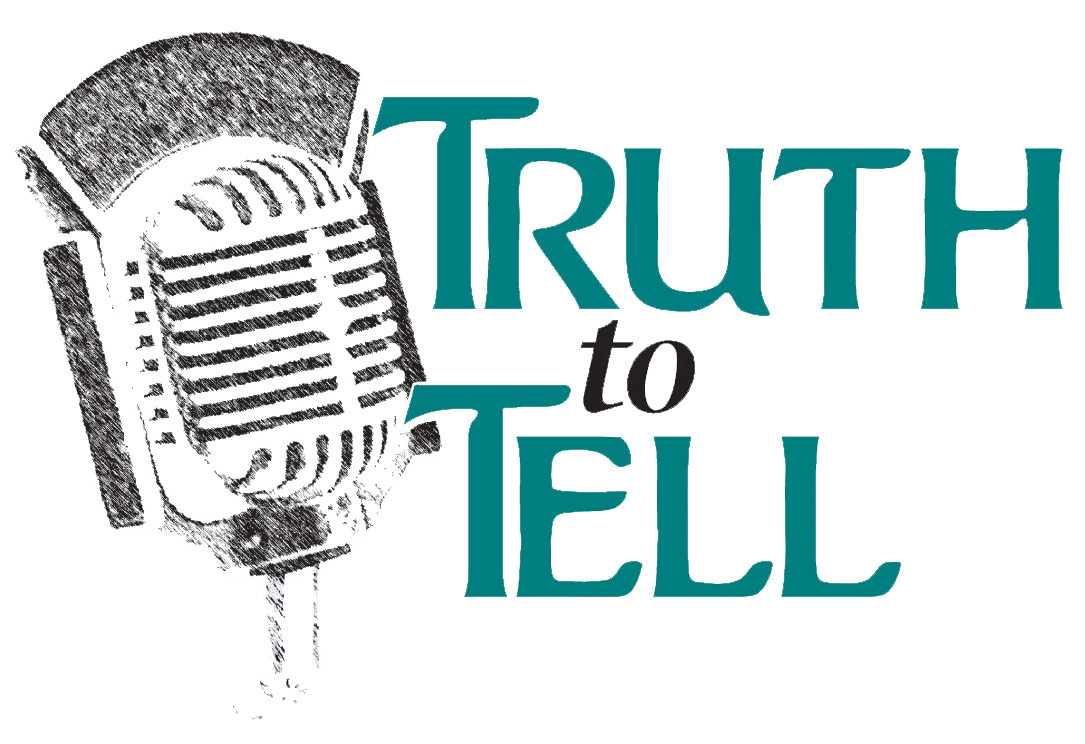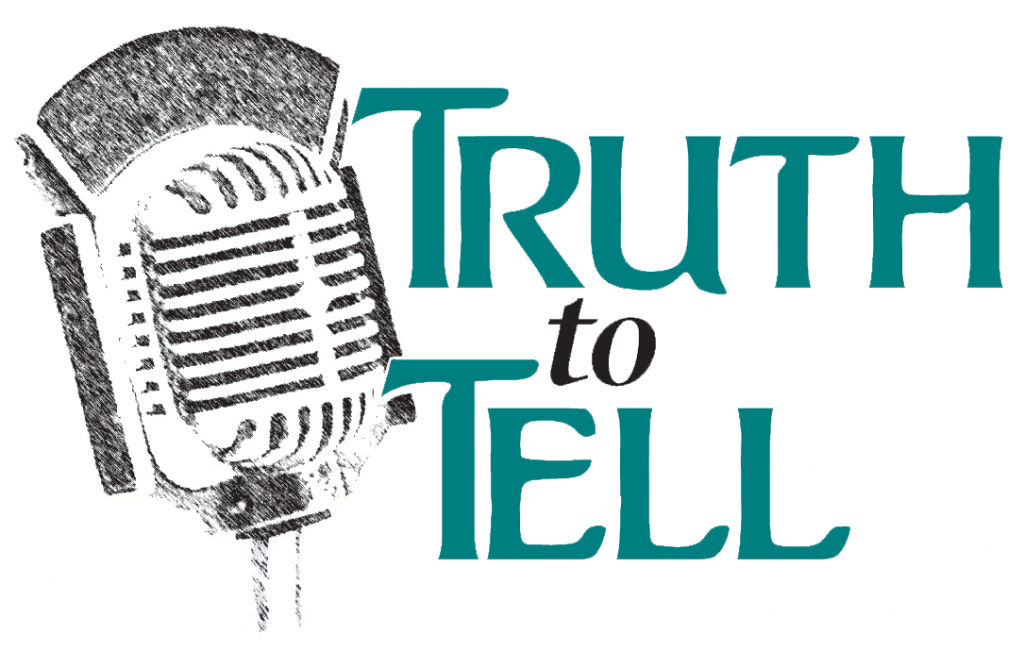TTT1139–Sept26-AnimalWelfare-Rights
HELP US BRING YOU THESE IMPORTANT DISCUSSIONS OF COMMUNITY INTEREST – PLEASE DONATE HERE!
JOIN KFAI – DURING OUR MEMBERSHIP WEEK – 612-375-9030.
~~~~~~~~~~~~~~~~~~~~~~~~~~~~~~~~~~~~
Except for our children – and perhaps not even them – is there any subject that evokes more emotion than the roles our fellow mammals and living creatures – animals other than humans – play in our collective lives? We own them to the point of making them family – a killer when we spend most of waking lives thinking about them and doing for them as we would a baby – only longer, only to mourn their passing as we would our own child when they don’t live as long as we do. At the same time, we make our weekly way to the supermarket to replenish our larders with fresh cuts of beef, pork, lamb, veal or poultry. No matter our family or religious tradition, at least a couple of our most cherished holidays center around meals of meat – turkey, ham, pork roast, bacon, sausage, leg of lamb.
Some of us tolerate – perhaps because of our distance from them – the raising and production of farm foodstuffs by way of highly restrictive feedlots – dairy products, pork, poultry, eggs and the like. Every day, we take drugs that were likely tested for years on various animals held in captivity and injected or otherwise exposed to diseases we’re trying to conquer well before we dare do the same to a human being. And, yet, we nearly go apoplectic if we see a dog or a cat or some other defenseless creature abused in any way.
In many places in the world, we’ve used animals to round up and kill other animals, or to pull our plows and carriages, or to race them in well-groomed ovals and bet on them to win, place or show. And we’ve turned their carcasses into thousands of different products – clothing, decorative objects, and accessories, among many – fur and leather and jewelry.
We’ve roamed zoos and aquariums, staring in or down at hundreds of species rounded up and essentially imprisoned outside their habitat for our entertainment. We attend circuses and similar events where animals have been trained and shown to serve our interests. We ride them and drive them and teach them to do the damnedest things – feats of astonishing prowess.
In other words, animals have served humans of the world in a million ways – and in almost every case, we simply take all of those uses – here and everywhere else – for granted. Animals have also made millions for their owners and users.
Some people have rebelled against all of these practices and abandoned any use or encouragement of uses of any and all animals. Most of these advocates call themselves vegan. Others – especially those promoting animal welfare – believe that animal use for all the reasons cited have saved lives, fed us, sacrificed themselves for our better health, and entertained us, mostly without abuse or suffering, something we’d never tolerate at home.
Animals are abused. Their defenders have descended on the cavalier forces of entertainment, farming, and research. Any time an animal appears in a film, a promise is issued in the credits that no animals, even those who appeared to have been hurt or differed, actually were. Animals suffer severely for making us food and becoming our food, for entertaining us and pulling us around. The question may be: can we, could we, ever get along without them and, if we must use them, what can we do to eliminate the abuses we know take place in so many arenas of our lives – even among our domestic dogs and cats.
Speaking for myself, I’m a meat eater – a carnivore. But I worry that our voracious appetites for cheap food and some drugs have led us to imprison many animals in unacceptably cruel circumstances. Many of those who employ animals in research and as food producers would agree. Others cannot tolerate any notion of animal use.
TTT’s ANDY DRISCOLL and MICHELLE ALIMORADI speak with advocates all around the wheel of animal rights and animal welfare. You cannot believe how many different organizations represent one view or the other along this spectrum of animals in our lives. No program could possibly accommodate the hundreds of various advocates for one position or another.
And yet almost all of us love our dogs and/or cats, birds, fish and sundry family members with tails and such.
CYNTHIA S. GILLETT, DVM, ACLAM, CPIA – Institutional Veterinarian; Executive Director, Institutional Animal Care and Use Committee (IACUC); Director, Research Animal Resources, University of Minnesota
UNNY NAMBUDIRIPAD – Executive Director, Compassionate Action for Animals
MARILOU CHANRASMI – Co-Founder, Board Member and Former President, Minnesota Partnership for Animal Welfare (MnPAW), Former President and current Board Member, Pet Haven, Inc.



